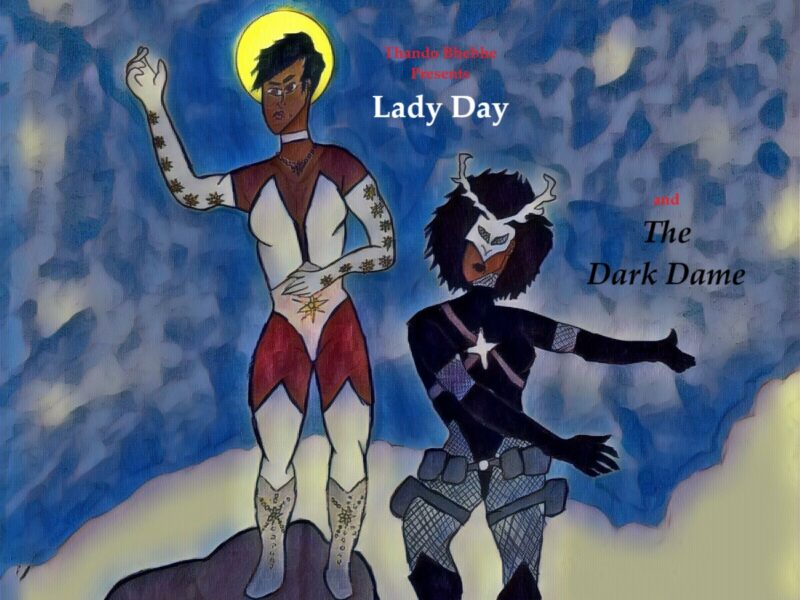Feminism is known as the second most hated “F” word in the English language, simply because people do not understand its true meaning. Merriam-Webster defines feminism as “the theory of political, economic and social equality of the sexes”. However, according to an article on Bustle.com, the terms that are often attached to the words “feminism” or” feminist” are “man-hating” and “aggressive”. The question to ask is how Laurier Brantford students feel about feminism as a whole. How do they feel about the different movements that are taking place on campus and across the country?
A second article from Bustle.com titled “7 Things the word ‘Feminist’ Does NOT mean” made some points that many people, including myself, have done a double-take at. The reason for the article was to help people understand how our society is so misinformed about the feminism movement. The one point that stood out from the rest was about how the word feminist does not translate to the belief that women are superior. This argument was proven as the article went on to explain how feminism was often seen as the celebration of womanhood when in reality, feminism in society is challenging that idea of womanhood completely.
This is a proven fact because there are many feminists in this world such as Nancy Fraser, a critical theorist and feminist based out of New York City, who are challenging gender stereotypes every day. Fraser is well known for her book “Fortunes of Feminism,” which is about second-wave feminism and the radical movements that transformed society. People like Fraser not only challenge stereotypes from the female perspective, but they stand up for the fact that males do not have to fall into these stereotypes either. They strive to make society a place in which males can be more open with their emotions without any judgement.
A handful of Laurier Brantford students were asked about their views on the topic of feminism, and while each student is entitled to their own opinion, the answers were unanimous. Scott Maxwell, a third-year student, was extremely passionate about the topic, saying, “I am totally on board with it [the feminism movement] because I feel that everyone should be looked at as equals whether male or female regardless of race, sexuality or sexual preference”. Many other students agreed that the idea of feminism and gender equality are connected in every way. Maxwell also reinforced the Merriam-Webster definition of the word feminism when he said: “Change is the first word that comes to mind with the word feminism…. it is a movement that wants change and wants equality between males and females.”
Although Laurier Brantford seems to be at a consensus when it comes to thoughts on feminism, there may be those outliers that are 100 per cent certain that feminism means man-hating and aggression. A majority of these thoughts are related to extremist portrayals of the feminist population as a whole. Maxwell spoke about this when asked why people seem to be afraid of the word feminism. “I think they are scared because there are always extreme cases of feminism that stand out to people,” he said. “People always look to that extreme and think ‘I don’t want to be associated with that’ when in reality people need to understand how welcoming it is.”
First-year student Emily Sinclair also spoke on this point and explained how the media plays a part in the wrongful portrayal of the feminism movement. “People are scared because of the misuse of the word feminism but just like in any other belief there are individuals who represent it wrong and that should be taken with a grain of salt,” she said.
She went on to say, “the word ‘feminism’ is overly visualized in media and other areas so people should not take the words and visuals of certain people’s ideologies as a representation of the whole ideology”. Sinclair explained how even though feminism movements are being used to unite all types of people, everyone should have their own values and limits when it comes to being a feminist. “Feminism is more a personal thing.”
Other answers from students included how invested they were in the movements such as the #MeToo movement. Maxwell spoke about the positive effects of these movements. “I can’t say I’m too informed on what Laurier is doing with them… but I believe that having movements like that are good because while it is pushing more for one side it is more for equity because as equal as we think it is now, males have more advantages than females, so we need to support females more to get them to the same stage.”
Sinclair also spoke on this point. “I identify with the word ‘feminism’ so much. I personally have a lot of interest in these movements, but I don’t find them as spoken about at Laurier unless I am actively searching for them, so it is not something I see very regularly,” she said.
Laurier Brantford is known to be a very left-wing campus, which goes hand in hand with the appreciation of the different feminist movements on campus. “I think that Laurier is more left-wing as a campus, and it shows mostly through the professors and the staff,” said Sinclair.
“I think that their support with gender equality, intersexuality and those sorts of topics is expected with their jobs within the university,” she continued.
Maxwell agrees that our Brantford campus “leans towards the left” and that it is a “relatively inclusive and welcoming campus”.
With these political views being so prominent on our campus, Laurier Brantford should be doing more to implement liberal movements to ensure the student voice is being heard and that Golden Hawks are given the opportunity to make changes in the world. The best place to start making a change is here at Laurier Brantford.




